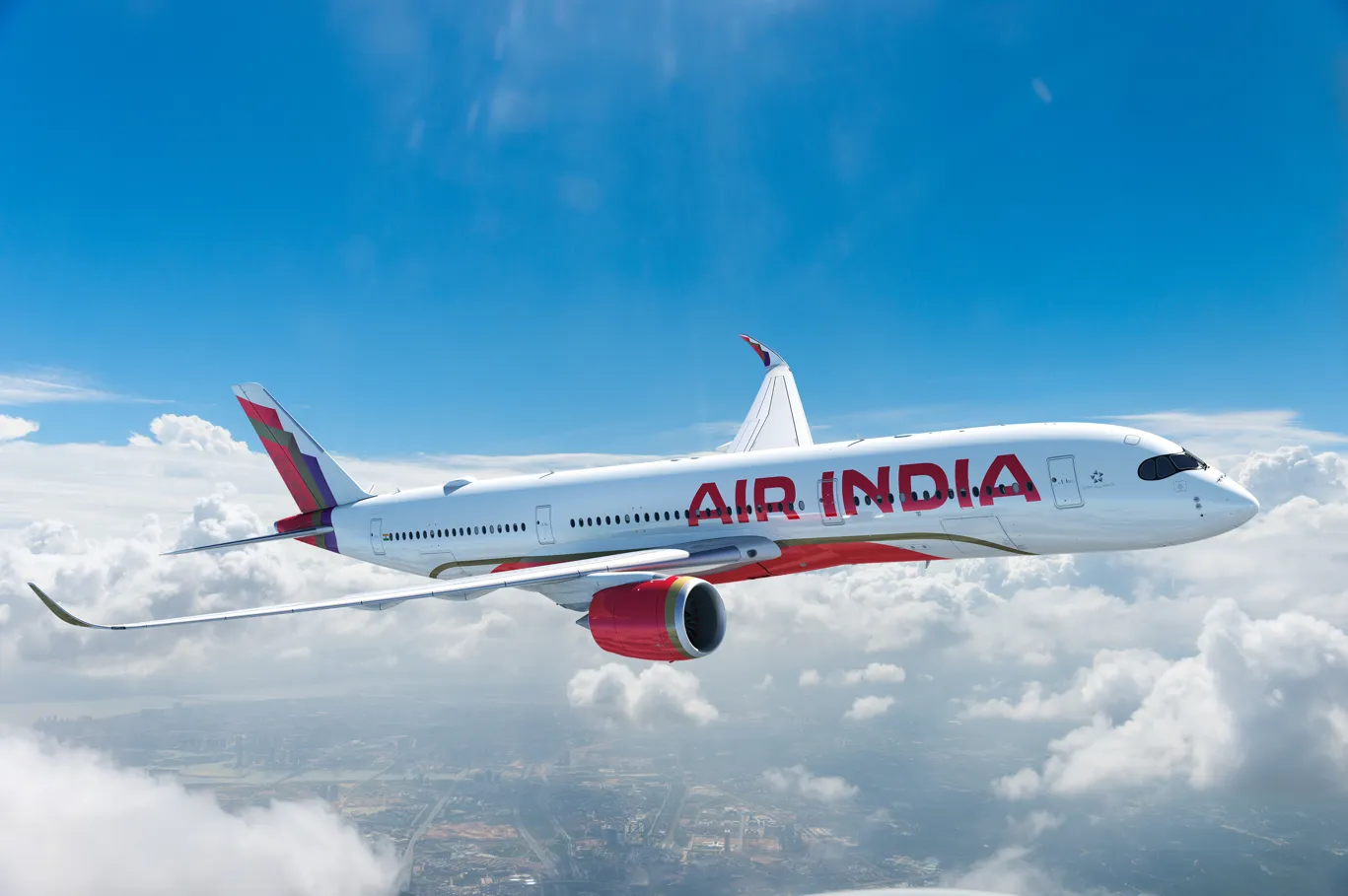India has declined a request by the United Nations aviation agency to allow a designated investigator to assist in the probe of the Air India Ahmedabad crash that killed 270 people. The move has triggered global scrutiny, particularly over delays in black box data analysis and limited public disclosures. Experts warn that transparency is crucial for aviation safety and global investigative credibility.
The crash of the Air India Boeing 787-8 Dreamliner on June 12 in Ahmedabad, killing all onboard, is the deadliest global aviation disaster in a decade. Following the incident, the UN’s International Civil Aviation Organization (ICAO) offered India investigative assistance. However, the offer was turned down, with authorities reportedly rejecting even observer status for the ICAO official. Aviation observers view this as an unusual stance, especially for high-casualty incidents.
Authorities are yet to respond to questions surrounding the status of the black box recorders, both of which were recovered by June 16. Despite media pressure, only one official press briefing has been held, with no opportunity for follow-up. Experts stress that the ICAO’s involvement in past international crash probes—such as in Ukraine and Malaysia—had bolstered transparency, leading to faster reforms and corrective measures based on preliminary safety findings.
Under international aviation rules, the decision of where black box recorders are read must be made promptly, particularly when the data could help prevent future disasters. Concerns have grown over whether the recorders will be analysed in India or abroad. Officials insist all ICAO protocols are being followed, but industry professionals remain sceptical, pointing to the limited information released about the probe’s timeline, technical direction, or investigative team composition.
Delays in retrieving and analysing critical flight data have led aviation experts to question India’s preparedness to handle such high-stakes investigations independently. With participation from international agencies like the U.S. National Transportation Safety Board, coordination is key. The preliminary report, expected within 30 days, is likely to be closely watched globally. Analysts argue that refusing neutral observers in the early stages could erode credibility in the findings and subsequent reforms.
The Air India Ahmedabad crash has placed India’s investigative transparency under global observation. As attention mounts on black box analysis and international coordination, experts stress the importance of openness and speed. Denial of UN observer access raises questions about the probe’s independence and adherence to global norms—especially at a time when aviation safety demands full clarity and cooperative accountability.
Also Read: Navi Mumbai International Airport Sets UDF Charges


